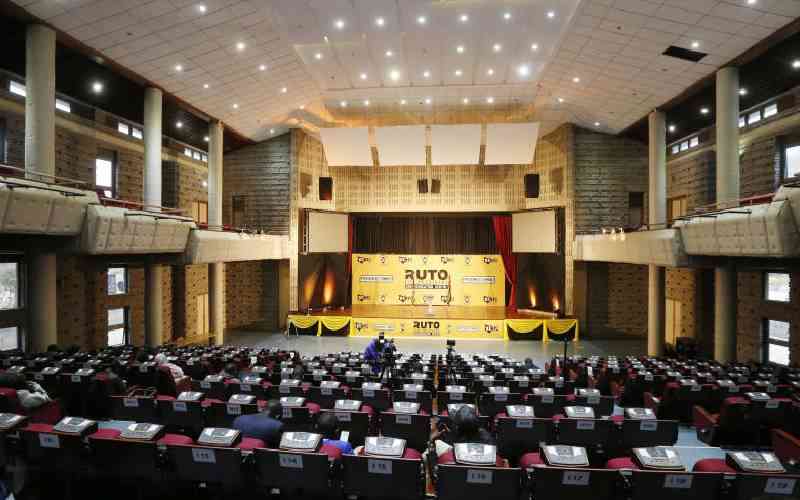×
The Standard e-Paper
Stay Informed, Even Offline

Israeli hackers accessed emails and private chats of two of President William Ruto's aides before and after last August's General Election, an investigation has shown.
The investigation, which involved more than 100 journalists from 30 media organisations, showed a hacker accessing Gmail and Telegram accounts belonging to Energy Cabinet Secretary Davis Chirchir and key Ruto strategist Dennis Itumbi.